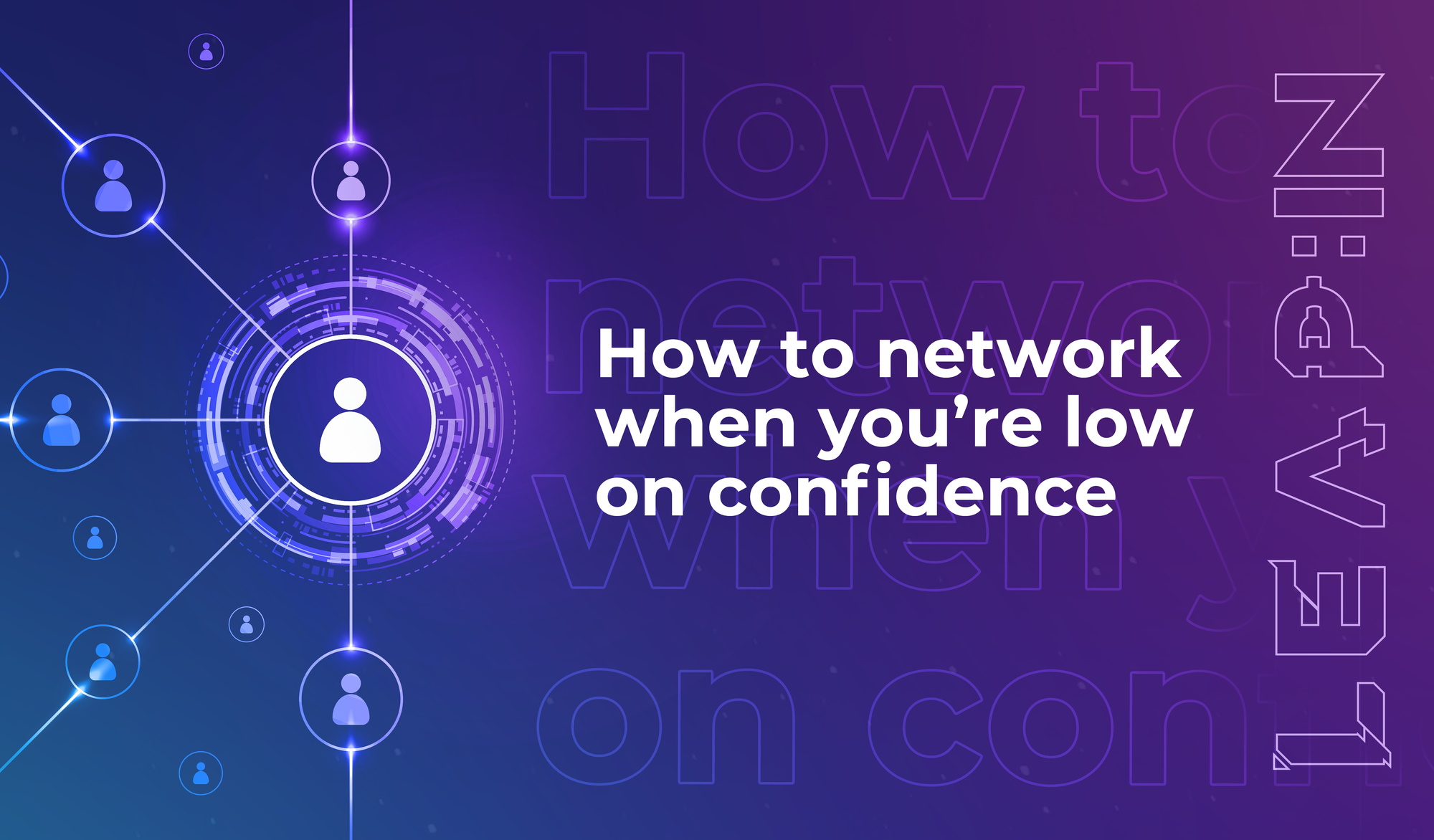

Experience matters

Welcome to the 80 new techies who have joined us since last week Friday. If you haven’t already, subscribe and join our community in receiving weekly tech insights, updates, and interviews with industry experts straight to your inbox.
This week we’re quoting Hamad Al Fahad (Managing Partner at Tajawoz)
What Al Fahad said:
“Be efficient with your words, which shows me that you’re efficient and practical with your thoughts and actions. And then as an investor, I know you’ll be efficient and resourceful with the money I give you.”
It was a conversation about investing
He was talking about what makes a startup stand out to him as a potential investment. But we want to take this wisdom and apply it to tech marketing – because it’s a powerful message that can guide all marketing efforts.
Being efficient and practical with your words is valuable when pitching to investors. But it’s valuable when pitching to anyone, in any context.
In content marketing, providing value in every word (or in as many words as possible) can build trust with your audience; and change the way they relate to your brand. So this is our invitation to you to take a thorough look at the content you publish as you work to promote your product or service – and consider how efficient it really is.
What does your tech content marketing output look like?
Whether you’re in B2C or B2B, the majority of tech companies invest in content marketing to some degree. Maybe you do social media content, YouTube videos, or online courses. Perhaps you have a blog, a podcast, or an email newsletter (hi, us too).
All of that’s good.
But too much noise can distract your customers from the core message, and make them click away because they just don’t want to read another keyword-stuffed blog post, or listen to another podcast that claims to be about something meaningful but is really just one long sales chat.
And listen – we know there’s a place for sales chat. Direct response copywriting is essential for selling anything, and effective calls-to-action do drive profits.

A question, though:
What would happen if you didn’t use every piece of content as an opportunity to sell? What if, instead, you offered genuine value to your audience, for free, without gatekeeping knowledge or promising the really good stuff only when they buy your thing?
If you waste someone’s time once, they’ll assume you’ll waste it again
Remember what Al Fahad said: being efficient with your words “shows me that you’re efficient and practical with your thoughts and actions.”
If you waste someone’s time in your email newsletter, for example, by teasing some really valuable information but then saying you won’t give them that information unless they spend some money…you haven’t made a good impression. You haven’t shown them that you are efficient and practical with your interactions.
You’ve just wasted their time. And that means they’re likely to assume you’ll waste their time again.
If instead, you provide that really valuable information for free, with no paywall in your newsletter, you change that dynamic completely. You make them feel that you do care about their time and that your promise to provide them with value is genuine.
Which of those experiences will create a positive brand experience and lead to a long-term customer?
It comes down to customer experience
The customer experience exists everywhere they interact with your company. And that includes your content marketing.
So make the experience of your content feel just as valuable as the experience of your product or service. It’ll set them up with an expectation that you’re the real deal: confidently providing value (instead of guarding it closely) because you really do have your customers’ best interests at heart.
Gatekeeping value and creating a sense of exclusivity or scarcity will work as a short-term sales tactic. But it’s not going to build you a loyal customer base of engaged individuals who trust your brand and are happy to recommend you to their friends.
Listen to the podcast: How to stand out when talking to investors, with Hamad Al Fahad.
Have an idea for a topic you'd like us to cover? We're eager to hear it! Drop us a message and share your thoughts.
Catch you next week,
Richard McKeon
Vice President of Marketing & Communications, Tahaluf
Mark your calendars for 📅 9-12 February 2025.





